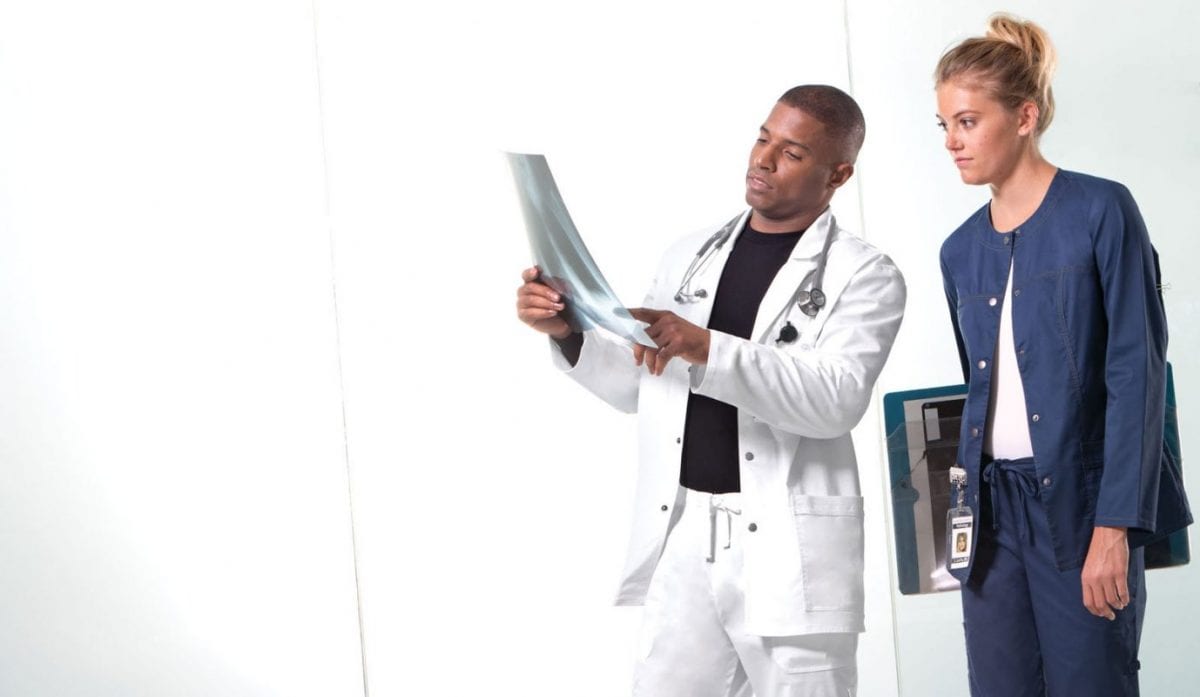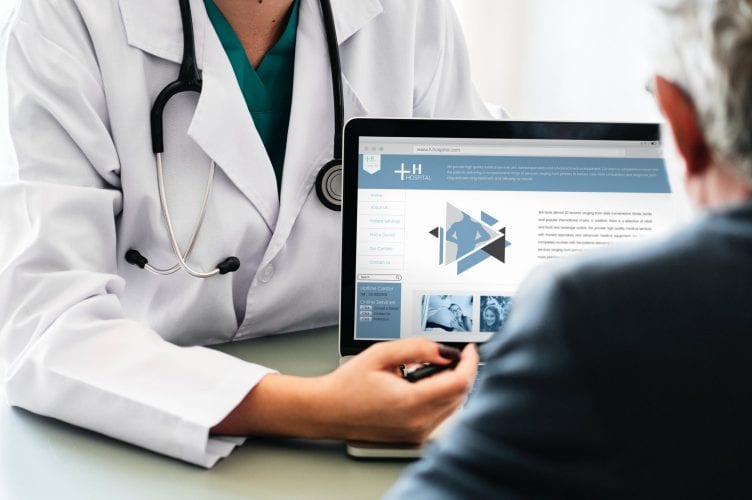Healthcare is probably one of the biggest industries that could benefit the most from all the IT developments that have happened in the past few years. Not only can automation bring more organized hospitals and much better care for the patients themselves, but also cost reductions that hinder hospitals from providing the best possible care.
With the aging population in developing countries, the health systems are under a lot of stress, more than ever – and this requires an increasing number of human workers, something that could easily be replaced, or at least diminished with automation.
What are some of the most important areas IT can help? We’ve selected a few and analyzed how the implementation of automation can help both the workforce and the patients in health systems.
Automation to lower the chances of human error
While not a true Artificial Intelligence, the technology has made some enormous steps into the direction of computer-aided analysis and treatment suggestion for patients. Usually, AI in medicine is represented by algorithms that try to mimic human behavior and cognition in a way that will help with the diagnosis of complex medical information in order to detect, treat or prevent illnesses.
While doctors will not be eliminated from the equation, the room for error will shrink less and less as AI technologies take an even greater part in clinical procedures. Most of the errors happen due to misdiagnosis simply because doctors are overworked and do not have enough time to dedicate to each patient and a growing number of cases per doctor is not helping.
AI assistants will help the doctor dedicate their time to more important cases, while simple cases to diagnose and treat will be done by the help of new IT systems, reducing errors – IT systems do not get tired or feel stressed.
AI, voice recognition and chatbots
While Speech Recognition is not a new thing, and it has existed in one form or another for years, it has only now begun to catch up with quality and speed that is required for the modern working environment. Some of the most important perks of speech recognition are simply – less paperwork and more organized hospitals.
With such a system in place, the system could automatically create medical logs both for patients and medical institutions, including everything that was mentioned during the exam and extracting critical analytics like diagnosis and notes.
Technology like conversational ai can be portable as well, and doctors can carry it with them on their smartphones wherever they go – which presents a great time-saving technique to help free some of the medical staff’s schedule but also to save money.
Chatbots can offer medical advice to patients based on their description of the problem, and even nowadays, there are Chatbots with the best AI that can help with that. Naturally, this technology is still developing and chatbots can only help guide a patient but will not replace a full exam done by a licensed doctor.
Data-driven medicine
How technology evolves, so does medicine and medical treatments – genome sequencing is still new, but it promises to change our future in just a few years.
Technology has become part of our lives in every possible way, but some of those intrusions offer greater insight with what might be broken with our inner clockwork, and we are constantly surrounded by gadgets that monitor and collect information about our movement, our vitals – something that can be an indispensable source of information when creating a uniquely personalized health profile.
Data-driven medicine has an advantage. The devices are already around us, they are already collecting data – just now, we need to aggregate all that info for more organized hospitals, and use it when the time comes. Everyone gets sick, but the approach that a single medicine will be good for millions of people is thing of the past.
Small changes in a medicine will allow it to be more suitable for your body, with your unique vitals, and your unique DNA. This allows faster analysis of the condition, much faster diagnosis, and treatments that offer a personalized approach – and even eliminating genetic diseases.
Robotics and medicine
Robotics offers unprecedented precision in surgical procedures – something that has already been utilized so far, but not to the point of full automatization. Robotic precision has only offered assistance to the main surgeon so far, but with the advance of AI, future machines will be able to perform surgical procedures autonomously, with the assistance of a doctor if needed.
This is especially important in areas where precision is required, as robots can make cleaner cuts, prevent bleeding and decrease the amount of trauma done to the patient’s body. This approach leaves doctors and the staff to deal with higher decision making and dealing with patients – creating more room for actual empathy in healthcare.
Most of the things I’ve mentioned here regarding better organized hospitals sound like a distant, and strange future; but actually, it is just around the corner. The advantages are clear, and it is up to us to make the best use of what these new and exciting technologies have to offer.










